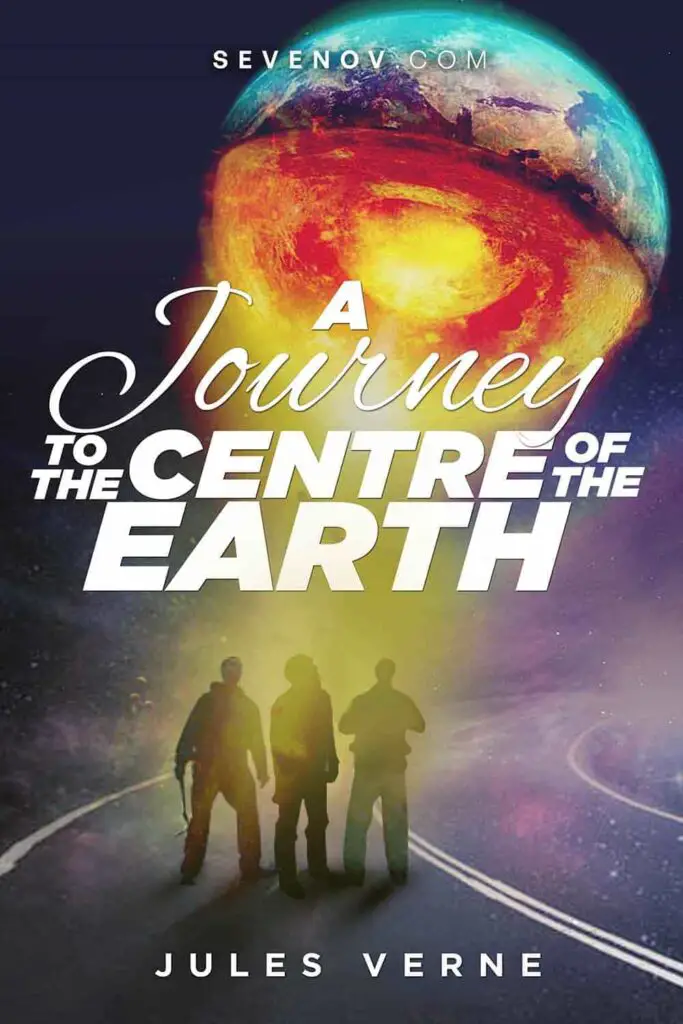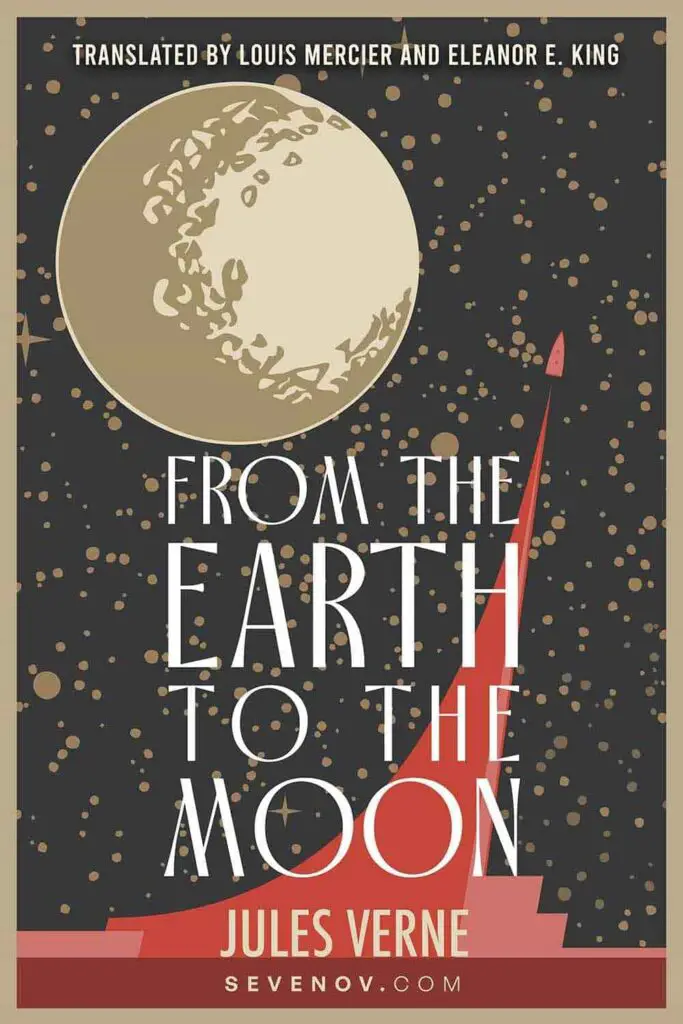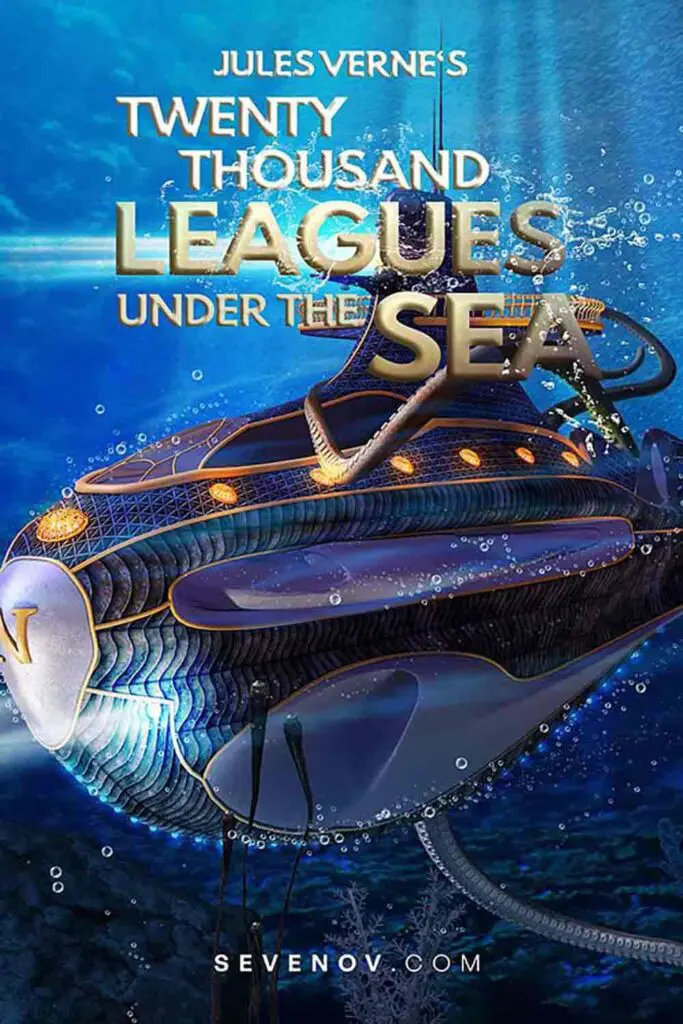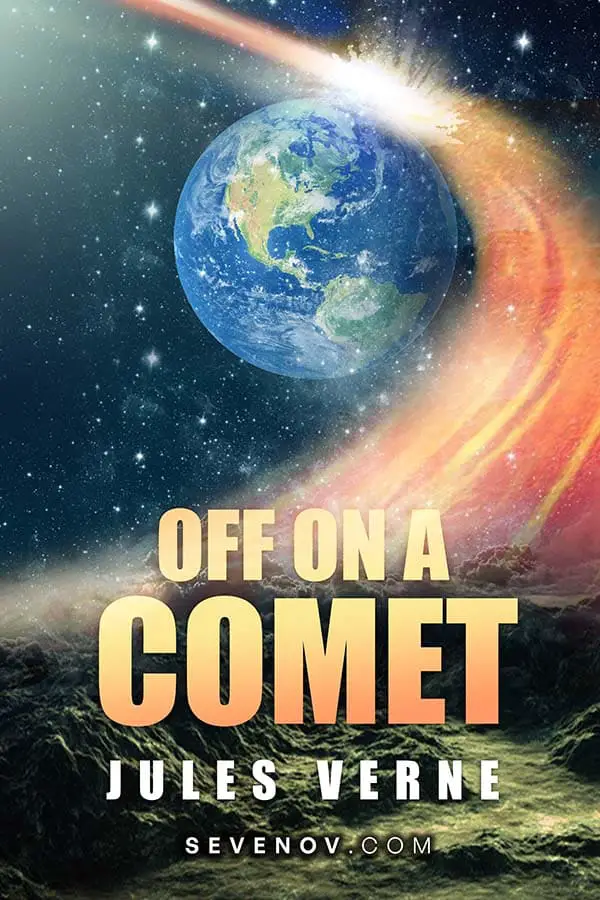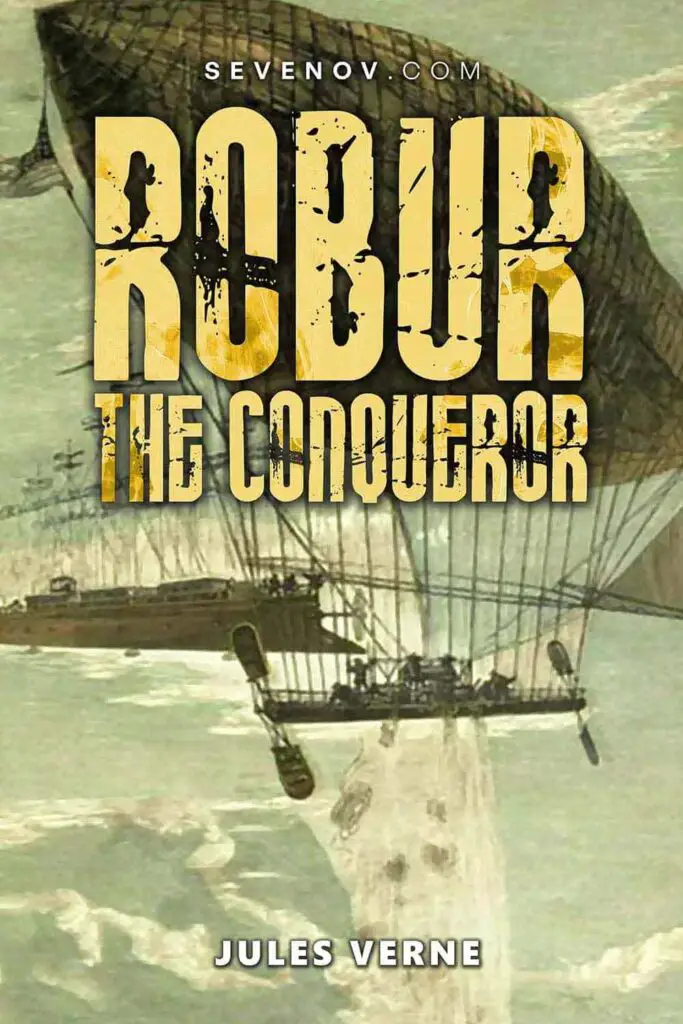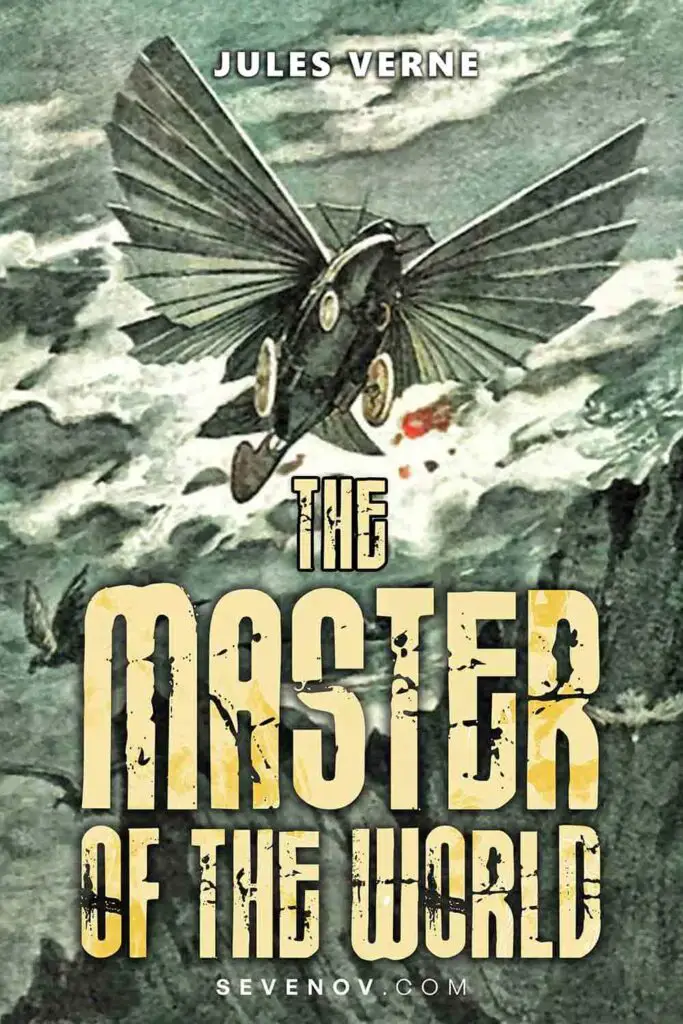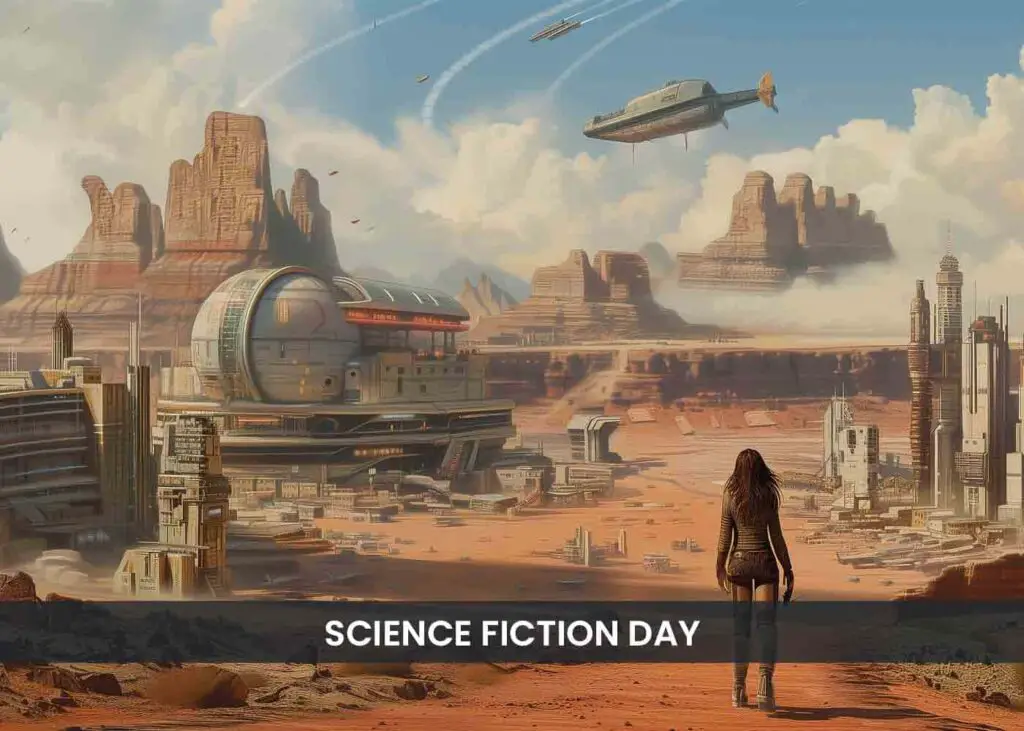
Science Fiction Day: Celebrating the Genre’s Impact on Culture
Science Fiction Day is observed annually on January 2nd, a date chosen to coincide with the official birthdate of famed science fiction writer Isaac Asimov. This day celebrates the rich tapestry of speculative fiction that explores futuristic concepts, technological advancements, space exploration, and often the ethical and sociopolitical questions that come with such visionary ideas. Science Fiction Day serves as a tribute to the genre’s power to ignite imagination, inspire innovation, and shape the collective vision of the future.
The celebration of National Science Fiction Day became a tradition among fans and authors to honor the legacy and ongoing contributions to the genre. Not officially recognized by any governmental bodies, it’s nonetheless embraced by the science fiction community because it encapsulates the spirit and enthusiasm of its readers and creators. The date’s alignment with Isaac Asimov, one of the most prolific icons in science fiction, further cements its significance, as his work continues to be a touchstone for the genre’s evolving narrative.
On Science Fiction Day, enthusiasts of the genre engage in various activities to showcase their appreciation. They may revisit classic Asimov tales, explore new stories by contemporary authors, partake in science fiction-themed events, or engage in discussions about the impact of science fiction on technology and society. The day prompts reflection on how speculative fiction often precedes scientific reality and encourages a dialogue on how humanity might navigate the promises and challenges of the future.
1. Historical Development of Science Fiction
The Historical Development of Science Fiction traces the genre’s roots from early literature to its current status as a cornerstone of modern storytelling, emphasizing the transformation and key individuals that have shaped it.
Pioneers of Science Fiction
Mary Shelley is often considered the mother of science fiction with her seminal work, Frankenstein; published in 1818, it laid the groundwork for the genre by combining scientific elements with fiction. Following her, Jules Verne and H.G. Wells advanced the genre in the 19th and early 20th centuries with classics like Twenty Thousand Leagues Under the Sea, The Time Machine, and The War of the Worlds. Their stories went beyond existing scientific knowledge, creating a blueprint for future science fiction literature.
- Mary Shelley: Frankenstein (1818)
- Jules Verne: Twenty Thousand Leagues Under the Sea (1870)
- H.G. Wells: The Time Machine (1895), The War of the Worlds (1898)
Evolution Into Modern Sci-Fi
As the genre evolved, short stories became a popular medium for science fiction in the 20th century, especially within speculative fiction magazines. The “Big Three” writers, Isaac Asimov, Arthur C. Clarke, and Robert A. Heinlein brought significant attention to the genre. Asimov’s Robot Series and Foundation Series explored complex themes of robotics and human civilization, while Clarke’s The Sentinel led to the iconic 2001: A Space Odyssey. Heinlein’s contributions, such as Stranger in a Strange Land, challenged readers with social and political themes.
- Isaac Asimov: Robot Series, Foundation Series
- Arthur C. Clarke: 2001: A Space Odyssey
- Robert A. Heinlein: Stranger in a Strange Land
Significant Contributions to the Genre
Science fiction expanded beyond books, influencing television and film. Star Wars redefined the space opera, while Doctor Who became a television landmark for science fiction storytelling. In literature, the cyberpunk subgenre emerged, with works like Philip K. Dick’s Blade Runner (originally “Do Androids Dream of Electric Sheep?”) and William Gibson’s Neuromancer setting the standard. Ray Bradbury’s The Martian Chronicles continued to influence both literature and media, while The Hitchhiker’s Guide to the Galaxy offered a comedic yet thoughtful take on sci-fi tropes.
- Star Wars (Film)
- Doctor Who (TV)
- Blade Runner (Book to Film)
- The Martian Chronicles (Book)
- The Hitchhiker’s Guide to the Galaxy (Book)
2. Influence and Impact of Science Fiction
Science fiction has significantly shaped modern society by influencing popular culture, inspiring real-world scientific advancements, and establishing dedicated observances.
Science Fiction in Popular Culture
Science fiction has become a cornerstone of popular culture, with numerous sci-fi movies and franchises such as Star Wars, Blade Runner, and the Alien series captivating audiences worldwide. These films explore themes of space travel, artificial intelligence, and the unknown, often posing philosophical questions about the future of humanity. They have achieved monumental success, with merchandise that includes books, toys, and apparel, and have led to the proliferation of genre conventions attended by legions of fans.
Scientific and Technological Inspiration
The genre of science fiction has acted as a muse for real-world science and technology. Influential figures like Carl Sagan have cited the inspiration of science fiction in their work. The portrayal of artificial intelligence (AI) and robotics in media has sparked interest and advanced research in these fields. It’s not uncommon for scientists and innovators to cite classic sci-fi literature and films as pivotal in shaping their curiosity and career paths. Examples include self-driving vehicles and personal assistants, both concepts frequented in sci-fi before becoming tangible technologies.
- Inspirations from Sci-Fi:
- Autonomous cars (e.g., inspired by Knight Rider)
- Touchscreen technology (e.g., inspired by Star Trek)
- Space exploration initiatives (e.g., inspired by 2001: A Space Odyssey)
3. Science Fiction Day Observances and Celebrations
National Science Fiction Day is observed on January 2nd annually, coinciding with the birthdate of Isaac Asimov, a renowned figure in the genre. This day serves as a celebration of science fiction, encouraging fans and newcomers alike to engage with various forms of media, from movies and television to the written word. Companies such as the Hallmark Channel and Scholastic Corporation often participate through special programming and educational resources that highlight the genre’s impact. These observances play a crucial role in perpetuating the public’s interest in science fiction, its themes, and its potential to shape the future.
Book Recommendations
You can read the below books free at PageVio. Simply click or tap on any of the images below.
